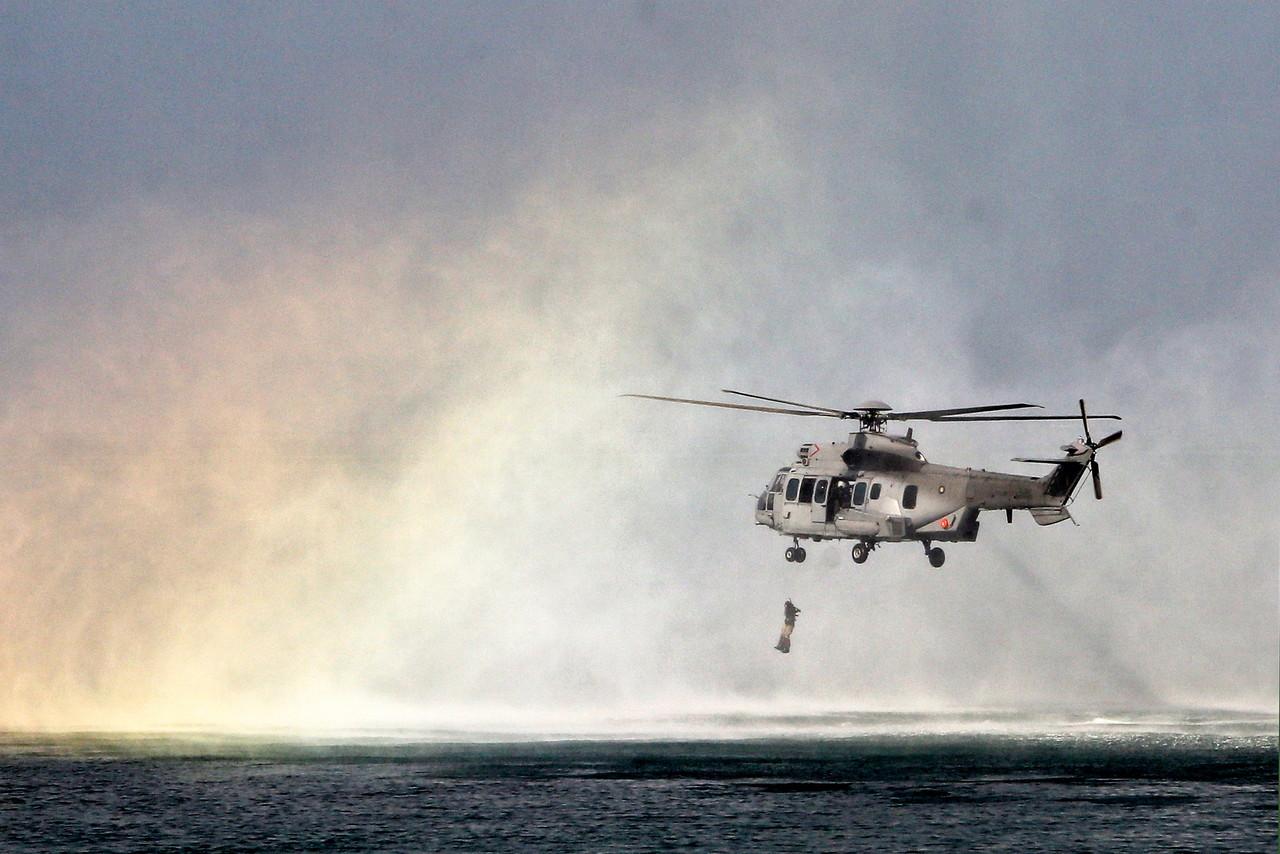Lessons for Malaysia from the war in Ukraine
While conflict rages on the other side of the globe, Malaysia would do well to look to its own military assets and avoid depending on either of the world's main blocs.
Just In
Analysts say that Malaysia could take a number of geopolitical lessons from Vladimir Putin’s military operation in the Ukraine, as Russia’s assault against its neighbour approaches the one-month mark and countries around the world step up their sanctions against Moscow.
For its part, Russia is unhappy with Ukraine’s inclinations towards Nato. Nato and the European Union, meanwhile, have been criticised for apparently allowing Ukraine to fend for itself although channelling assistance and levelling sanctions against Russia and its leaders.
Anti-terrorism research expert Mizan Mohammad Aslam said Malaysia, as a consumer of Russian military assets, would also be affected by the sanctions.
Speaking to MalaysiaNow, he cited the country’s use of the MiG-29 and Sukhoi jets.
“A situation like this could definitely jeopardise the safety of our airspace. Without spare parts or the related military equipment, we would be unable to monitor the situation,” Mizan, of Universiti Malaysia Perlis, added.
Malaysia purchased 18 Sukhoi fighter jets in 2003. It also had another 18 MiG-29 planes, bought in 1995, but the air force eventually stopped using these due to difficulties in obtaining replacement parts.
Russia had offered to buy back all of the jets and to issue new ones instead. However, Malaysia would be restricted in its choice of procurement, to light combat aircraft and multirole combat aircraft.
Analyst Oh Ei Sun of the Singapore Institute of International Affairs said Malaysia’s consideration of Russian-made assets would depend on how far it could afford to antagonise the US.
“If we don’t mind the American wrath, we could continue to procure heavy weaponry from the Russians, and obtain training, maintenance and spare parts for our existing Russian weapons,” he said.
“If we do mind, then we would at least for the moment not purchase further from the Russians, and the training, maintenance and spare parts for the existing weapons would be called into question.”
Mizan meanwhile said Malaysia should diversify its acquisition of military assets.
He said the country should procure fighter jets from both the eastern and western blocs to avoid depending on only one source.
“We need a balance,” he said, adding that Malaysia could also strike up informal agreements on such assets.
“Not all military information needs to be made public.”
In addition to the Sukhoi jets, Malaysia also operates eight American-made F-18 Hornet jets.
The US had also offered its Super Hornet jets but these were turned down due to financial issues.
But Oh said the Ukraine crisis showed that price should not be the deciding factor when it comes to defence procurement.
Instead, he said, the priority should be asset diversification and geopolitical considerations.
The conflict in Ukraine has also shown how military alliances are unable to help individual countries that come under enemy fire, raising questions about the so-called defence diplomacy often mentioned in Malaysia.
In Singapore, Prime Minister Lee Hsien Loong has stated in no uncertain terms that the republic cannot depend on external forces, saying that only its people can defend it from its foes.
And while Malaysia is part of the Five Power Defence Arrangements, the relationship is considered non-binding and does not involve specific commitments to military intervention even if an attack is launched against it.
Oh said Malaysia was in one sense trapped in a dilemma.
“We can, of course, not depend primarily on allies to come to our help in the case of war,” he said.
“But as a peaceful nation, we are perhaps not making adequate preparation for war.”
For Mizan, there is no question of Malaysia’s war tactics and capabilities which he said have been tested and proven.
The country’s weak spot, according to him, lies in its technological ability and military assets.
“The country needs strategic partners that can help if the situation arises,” he said.
“Regional cooperation is critical at this point, as we are facing threats from both blocs.”
As a country with claims of its own in the South China Sea, he said Malaysia should also keep a sharp eye on China’s reaction.
Western observers have said that the attack will motivate China’s claim on Taiwan and several areas in the South China Sea.
In June last year, meanwhile, 16 of the country’s Ilyushin Il-76 jets invaded Malaysia’s airspace and were intercepted by the air force’s Hawk fighters.
“Malaysia needs the support of the West and Russia to maintain its sovereignty if it is invaded,” Mizan said.
“Both blocs, whether the US or China, are real threats and have their own vested interests.
“Malaysia needs to plan its actions wisely so that it does not get caught in their schemes.”
Subscribe to our newsletter
To be updated with all the latest news and analyses daily.
